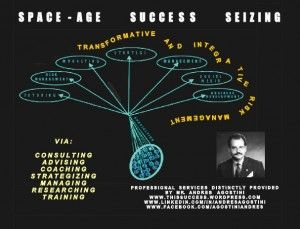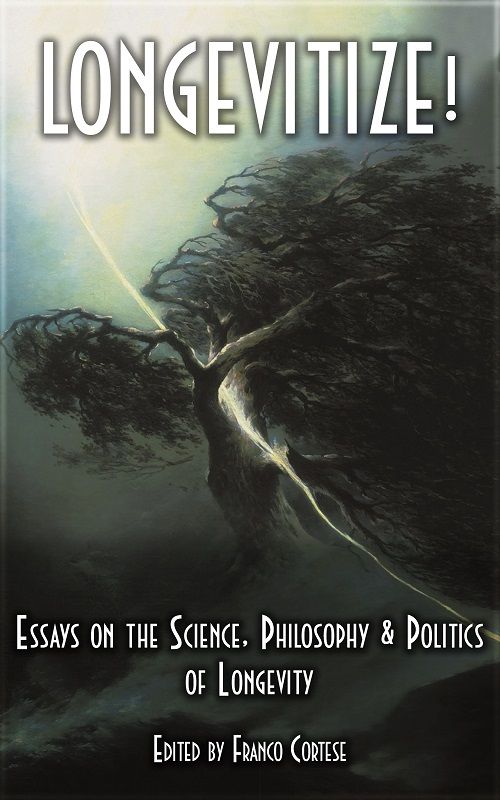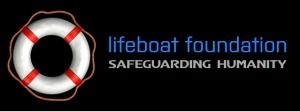FEBRUARY 05/2014 UPDATES [LIST]. By Mr. Andres Agostini at www.Future-Observatory.blogspot.com
Do autistic brains create more information at rest or do they have weaker connectivity — or both?
http://www.kurzweilai.net/do-autistic-brains-create-more-inf…ty-or-both
‘Electronic tongue’ identifies brands of beer with 81.9% accuracy
http://www.kurzweilai.net/electronic-tongue-identifies-brand…9-accuracy
Bodily maps of emotions
http://www.kurzweilai.net/bodily-maps-of-emotions
Antibiotic ‘smart bomb’ can target specific strains of bacteria
http://www.kurzweilai.net/antibiotic-smart-bomb-can-target-s…f-bacteria
Trends and Predictions: How the Future Looks Like for Web Design in 2014
Trends and Predictions: How the Future Looks Like for Web Design in 2014
Credit cards of the future: 4 exciting trends
http://www.nasdaq.com/article/credit-cards-of-the-future-4-e…z2sMsGbooH
The 5 foods best-suited for 3D printing
http://www.fooddive.com/news/the-5-foods-best-suited-for-3d-printing/222556/
Nature is Not Human-Centric
http://www.futuristspeaker.com/2014/01/nature-is-not-human-centric/
Your Brain Is Fine-Tuning Its Wiring Throughout Your Life
http://myscienceacademy.org/2014/02/03/your-brain-is-fine-tu…9896376047]&action_type_map=[%22og.likes%22]&action_ref_map=[]
The World’s Smallest Engine Runs on a Single Atom
http://www.popularmechanics.com/technology/engineering/extre…m-16451781
Guest column: Constituent care — Are government contact centers ready for the generational flood?
http://fedscoop.com/guest-column-constituent-care-government…SY.twitter
Searching for Life on Earth-Like Planets May Be a Mistake, Need to Consider Superhabitable Planets
Searching for Life on Earth-Like Planets May Be a Mistake, Need to Consider Superhabitable Planets
Survey says more attention being paid to data privacy, but still a ways to go
http://www.networkworld.com/news/2014/013114-survey-says-mor…ign=buffer
Quantum engineers make a major step towards a scalable quantum computer
http://www.kurzweilai.net/quantum-engineers-make-a-major-ste…m-computer
Was There A Beginning Of Time And Will There Be An End Of Time?
http://www.messagetoeagle.com/timeslowingdown.php?utm_source…vEN9LTSmHd
DHS has become the epicenter for government cybersecurity
http://www.gsnmagazine.com/node/32882?c=cyber_security
THE FUTURE OF THE MIND: Official Trailer
http://knopfdoubleday.com/book/89414/the-future-of-the-mind/
What the Internet of Things Will Mean for CIOs
http://www.cio.com/article/747634/What_the_Internet_of_Things_Will_Mean_for_CIOs
Why predictive maintenance is more relevant today than ever before
http://www.simafore.com/blog/bid/204618/Why-predictive-maint…ver-before
Stanford scientists put free text-analysis tool on the web
http://engineering.stanford.edu/research-profile/stanford-sc…s-tool-web
Dangerous ideas: About that Princeton Facebook study — wrong, but not entirely crazy
http://which-50.com/post/75339864941/dangerous-ideas-about-t…book-study
Personal Banking and the Data-Driven Approach
http://www.analyticbridge.com/profiles/blogs/personal-bankin…e=activity
20 Lessons Enterprise CIOs Can Learn from Supercomputing
http://www.datanami.com/datanami/2012-11-12/20_lesso…uting.html
Big data misused to justify vaccination
http://www.datasciencecentral.com/profiles/blogs/big-data-mi…accination
First Single-Molecule LED
http://spectrum.ieee.org/tech-talk/semiconductors/nanotechno…lecule-led
Employment in Renewable Energy Sector Reaches 5.7 Million Globally
http://www.irena.org/News/Description.aspx?NType=A&mnu=cat&P…ews_ID=351
The World Has Deep Areas of Expertise. We Need Agility and Context
http://bigthink.com/big-think-edge/the-world-has-deep-areas-…nk+Main%29
Marc Andreessen Has A Great Answer For Why Bitcoin Matters
http://www.businessinsider.com/marc-andreessen-on-why-bitcoi…2014-1
Motorola Patents Electronic Telepathy
http://hplusmagazine.com/2014/01/14/electronic-telepathy/
New Solar Cells Get the Blues in a Good Way
A window to the future of research
http://www.mpg.de/7865824/Science_Tunnel
Surface map of a brown dwarf
http://www.mpg.de/7870755/surface-map-brown-dwarf
The future of oil supply
http://rsta.royalsocietypublishing.org/site/2014/2006.xhtml
The Human enhancement and the future of work project
http://royalsociety.org/policy/projects/human-enhancement/workshop-report/
Whole-genome sequence of a flatfish provides insights into ZW sex chromosome evolution and adaptation to a benthic lifestyle
http://www.nature.com/ng/journal/vaop/ncurrent/full/ng.2890.html
Scientists reading fewer papers for first time in 35 years
http://www.nature.com/news/scientists-reading-fewer-papers-f…rs-1.14658
Elsevier opens its papers to text-mining
http://www.nature.com/news/elsevier-opens-its-papers-to-text-mining-1.14659
Top UK university pledges reform to ‘change the culture’ of its animal research
Top UK university pledges reform to ‘change the culture’ of its animal research
Challenging Israel
Pruning Synapses Improves Brain Connections
http://www.the-scientist.com/?articles.view/articleNo/39055/…nnections/
Science Cartoonist Doesn’t Draw “Funny Style”
http://www.the-scientist.com/?articles.view/articleNo/39033/…ny-Style-/
Opinion: The Burden of Proof
http://www.the-scientist.com/?articles.view/articleNo/39053/…-of-Proof/
The Dilemma of Space Debris
http://www.americanscientist.org/issues/feature/2014/1/the-d…ace-debris
Flights of Fancy in Avian Evolution
http://www.americanscientist.org/issues/feature/2014/1/fligh…-evolution
How to Fight Back Against Antibiotic Resistance
http://www.americanscientist.org/issues/feature/2014/1/how-t…resistance
Ocean Acidification: The Other Climate Change Issue
http://www.americanscientist.org/issues/feature/2014/1/ocean…ange-issue
QUOTATION: “…The flattening of the world is going to be hugely disruptive to both traditional and developed societies. The weak will fall further behind faster. The traditional will feel the force of modernization much more profoundly. The new will get turned into old quicker. The developed will be challenged by the underdeveloped much more profoundly. I worry, because so much political stability is built on economic stability, and economic stability is not going to be a feature of the flat world. Add it all up and you can see that the disruptions and going to come faster and harder. No one is immune ─ not me, not you, not Microsoft. WE ARE ENTERING AN ERA OF CREATIVE DESTRUCTION ON STEROIDS. Dealing with flatism is going to be a challenge of a whole new dimension even if your country has a strategy. But if you don’t have a strategy at all, well, again, you’ve warned…”
RECOMMENDED BOOK: The Living Company: Growth, Learning and Longevity in Business by Arie De Geus
ISBN-13: 978–1857881851
Regards,
Mr. Andres Agostini
href=“www.Future-Observatory.blogspot.com”>www.Future-Observatory.blogspot.com
href=“www.TheProfessionalFuturist.blogspot.com”>www.TheProfessionalFuturist.blogspot.com
href=“www.ThisSuccess.wordprocessor.com”>www.ThisSuccess.wordprocessor.com
href=“www.xeeme.com/AAgostini”>www.xeeme.com/AAgostini







